New recommendations for U.S. dietary guidelines released on Thursday included the surprise suggestion that cholesterol should not be a nutrient of special concern—but added that sugar and saturated fat are still worth worrying about.
In a move that happens only every five years, the 2015 Dietary Guidelines Advisory Committee, an independent group of 14 experts advising Health and Human Services (HHS) and U.S. Department of Agriculture (USDA), released a proposed update for what Americans should be eating. The proposal is over 500 pages long, but summed up the guidelines as follows:
“The U.S. population should be encouraged and guided to consume dietary patterns that are rich in vegetables, fruit, whole grains, seafood, legumes, and nuts; moderate in low- and non-fat dairy products and alcohol (among adults); lower in red and processed meat; and low in sugar-sweetened foods and beverages and refined grains. These dietary patterns can be achieved in many ways and should be tailored to the individual’s biological and medical needs as well as socio-cultural preferences.”
One nutrient was obviously missing: cholesterol. The committee confirmed that cholesterol is not a nutrient of concern, which is great news for egg lovers. As TIME reported last week, evidence shows the amount of cholesterol coming from food isn’t really that worrisome.
The recommendations do come down pretty hard on saturated fat—recommending less than 10% of total calories from saturated fat per day—but they don’t recommend against cutting down on total fat as they have in the past. Guidelines launched in 1980 helped boost the low-fat craze of the 2000s.
“To decrease saturated fat, one needs to reduce the intake of foods high in saturated fat,” says vice chair of the committee Alice Lichtenstein of Tufts University in an email to TIME. “Hence, the recommendation is to primarily choose low and non-fat dairy products and lean meat. Otherwise, there is no recommendation to reduce total fat intake or use fat free foods.”
That didn’t sit well with some, since some research suggests saturated fat doesn’t deserve our level of fixation. “They don’t move at all on the issue of what kinds of fats to eat. They continue to recommend limiting saturated fat and supporting polyunsaturated and monounsaturated fats,” Dr. Steven Nissen, chairman of Cleveland Clinic’s Department of Cardiovascular Medicine, said. “I would have liked the guidelines to be a little more neutral on saturated fat.” The form of fats that remain a source of concern are trans fats. (Nissen was also not on the committee).
MORE Know Right Now: Why Low-Fat Diets Might Not Solve Your Health Problems
But overall, nutrition experts were satisfied with the guidelines. “Wow. I love it. Really I am impressed,” says Dr. David Katz, director of the Yale University Prevention Research Center. “The emphasis seems to be ‘here is what your diet should look like overall and if it looks like this, you can’t go very wrong.’ The question is how we rally around it and how effectively it survives the political process.” (Katz was not on the advisory committee).
The new guidelines touch on sustainability, and the fact that the average American diet has a high environmental impact on greenhouse gas emissions, and land, energy and water use. They note that a diet that’s better for the environment is high in plant-based foods and lower in calories and animal-based foods. Some examples of these diets are the Mediterranean diet, a healthy vegetarian diet and a healthy U.S.-style diet.
The committee also reviewed highly caffeinated beverages like energy drinks and concluded that there is still not enough evidence on their safety, but that limited data suggest health problems like caffeine toxicity and cardiovascular events are possible. The committee says they should not be consumed by kids. The group also reviewed the sugar supplement aspartame, and said that while it appears safe, there may be some risks that deserve further research.
The new recommendations, which were decided on by an independent group of 14 experts, still have to undergo a review before getting the green light from Health and Human Services and U.S. Department of Agriculture. The public is also urged to provide comments at http://www.DietaryGuidelines.gov.
Read next: 6 Facts About Saturated Fat That Will Astound You
QUIZ: Should You Eat This or That?


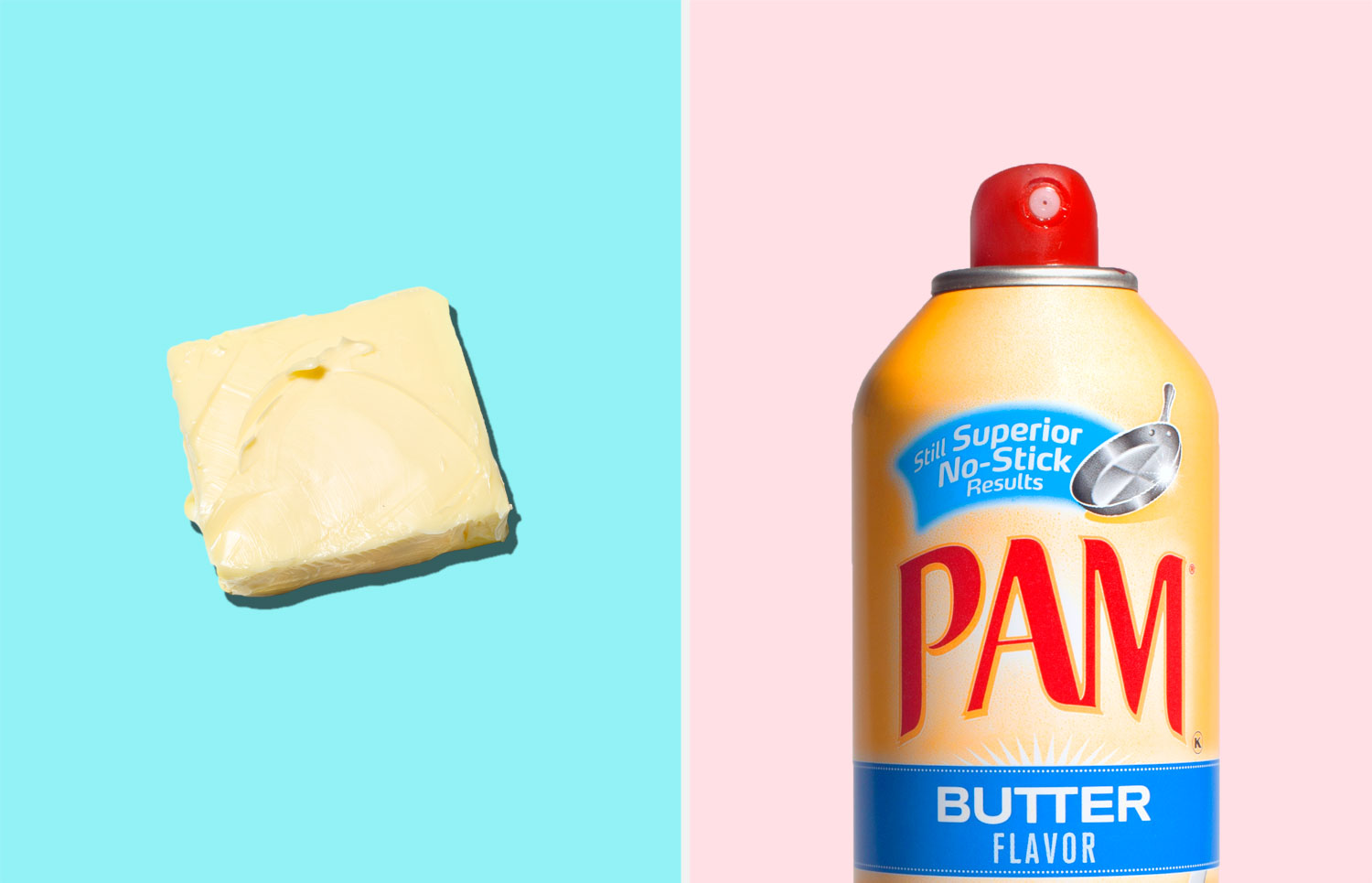

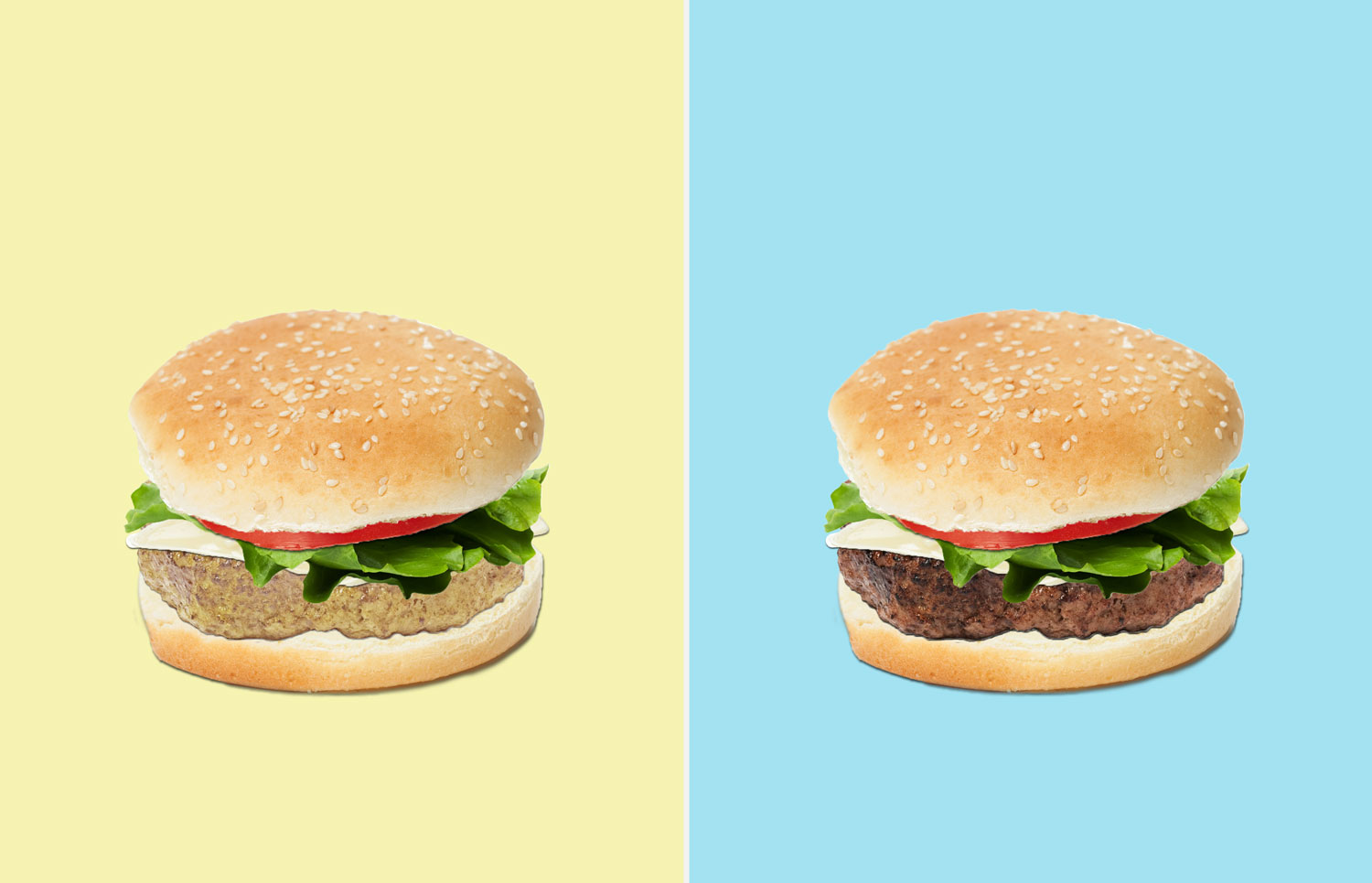

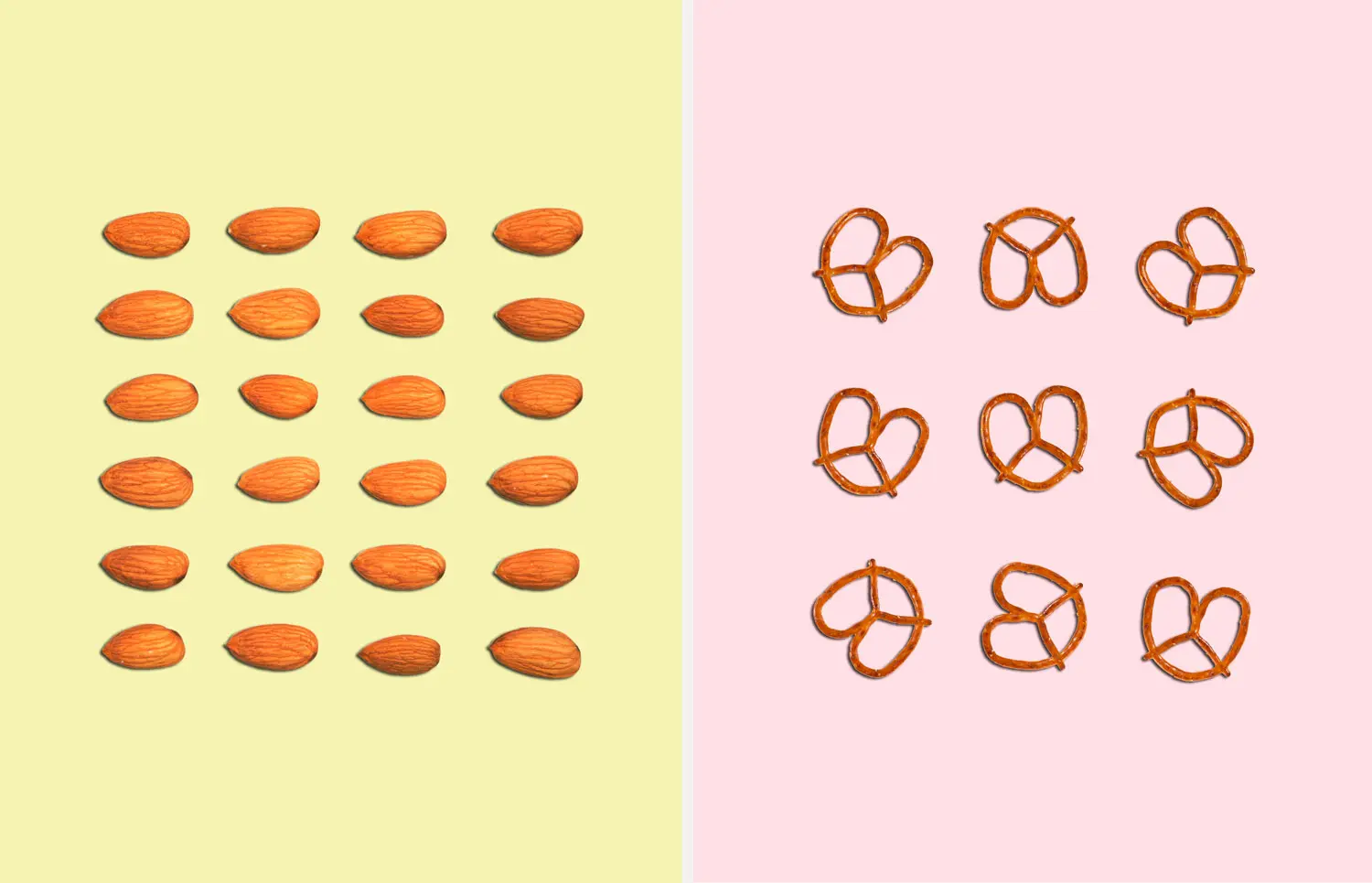
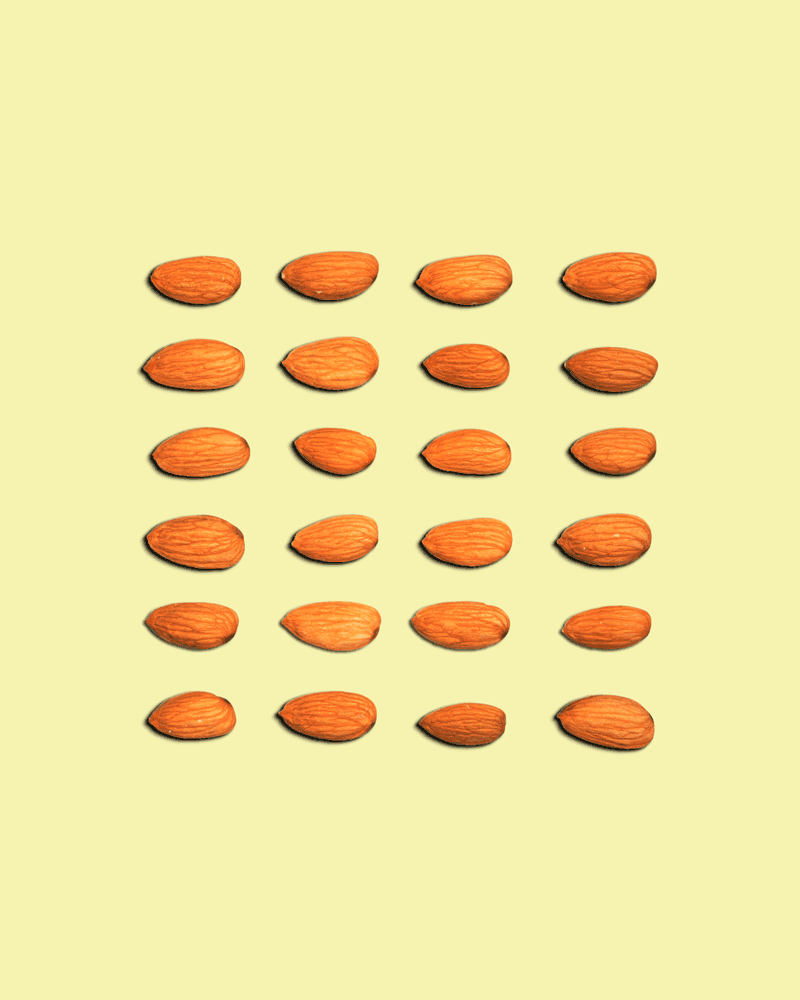
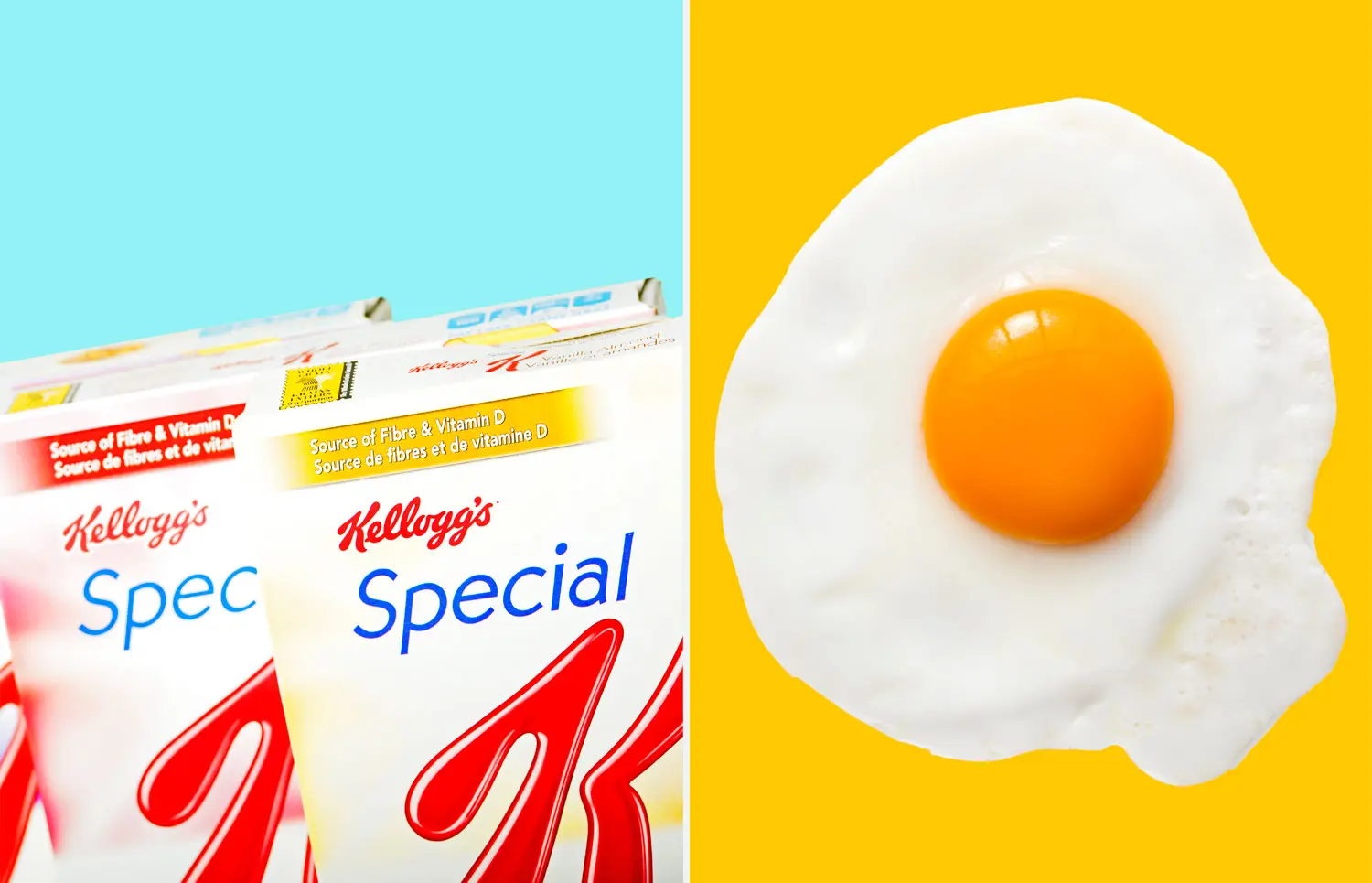

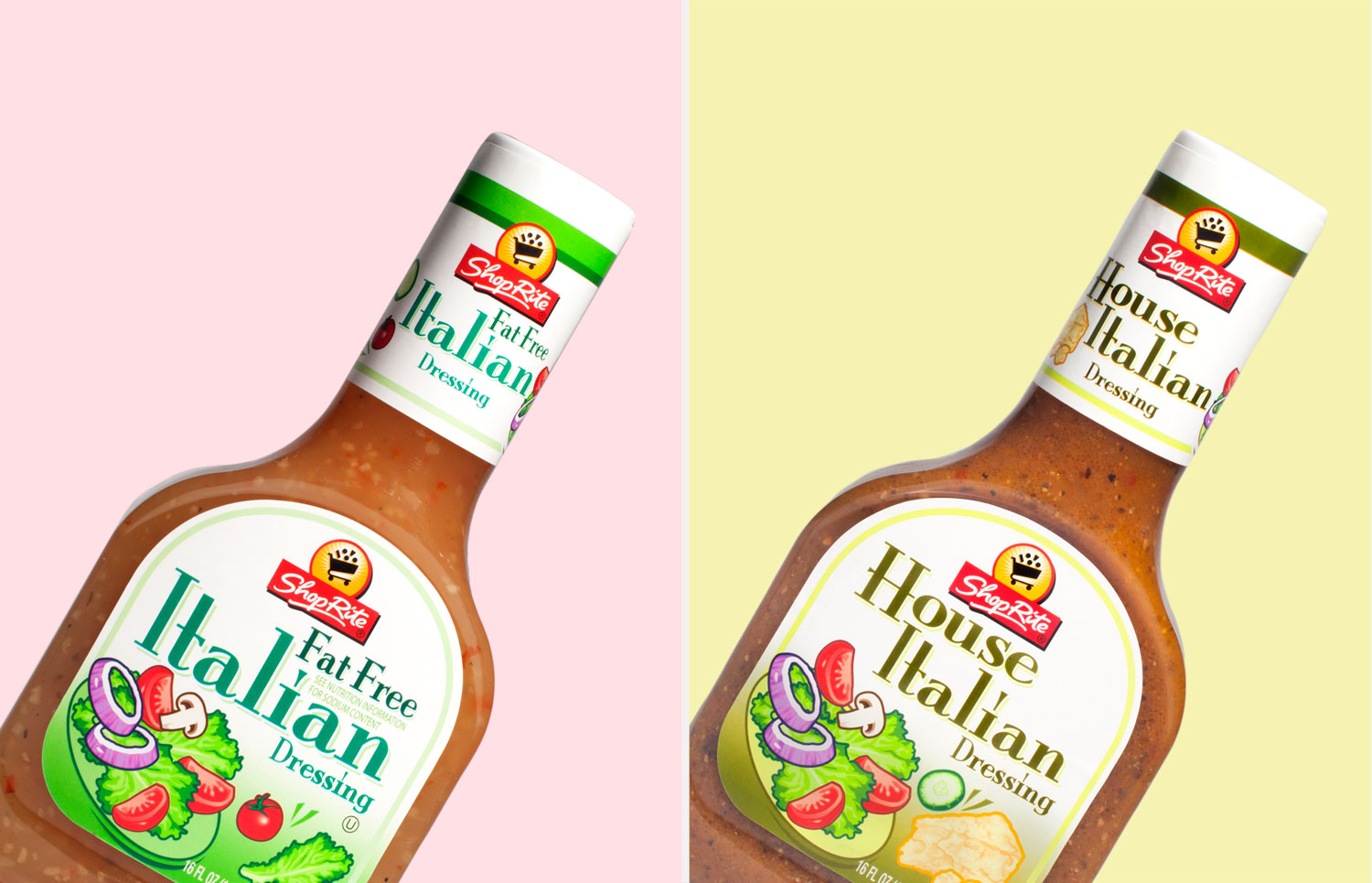
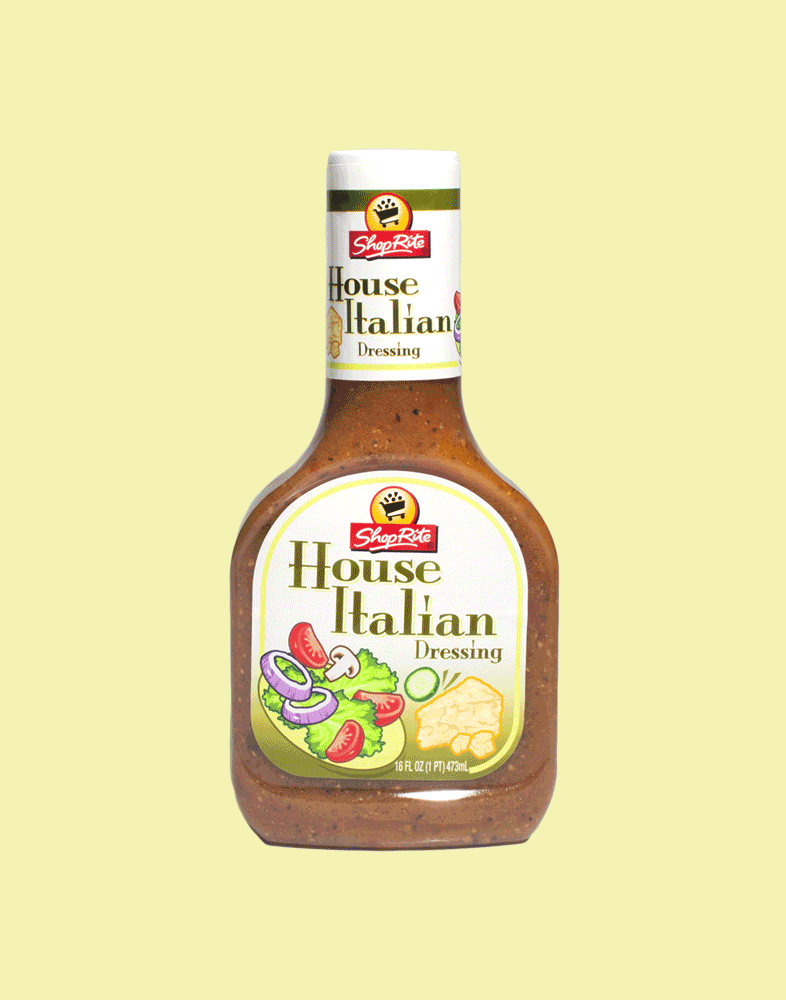


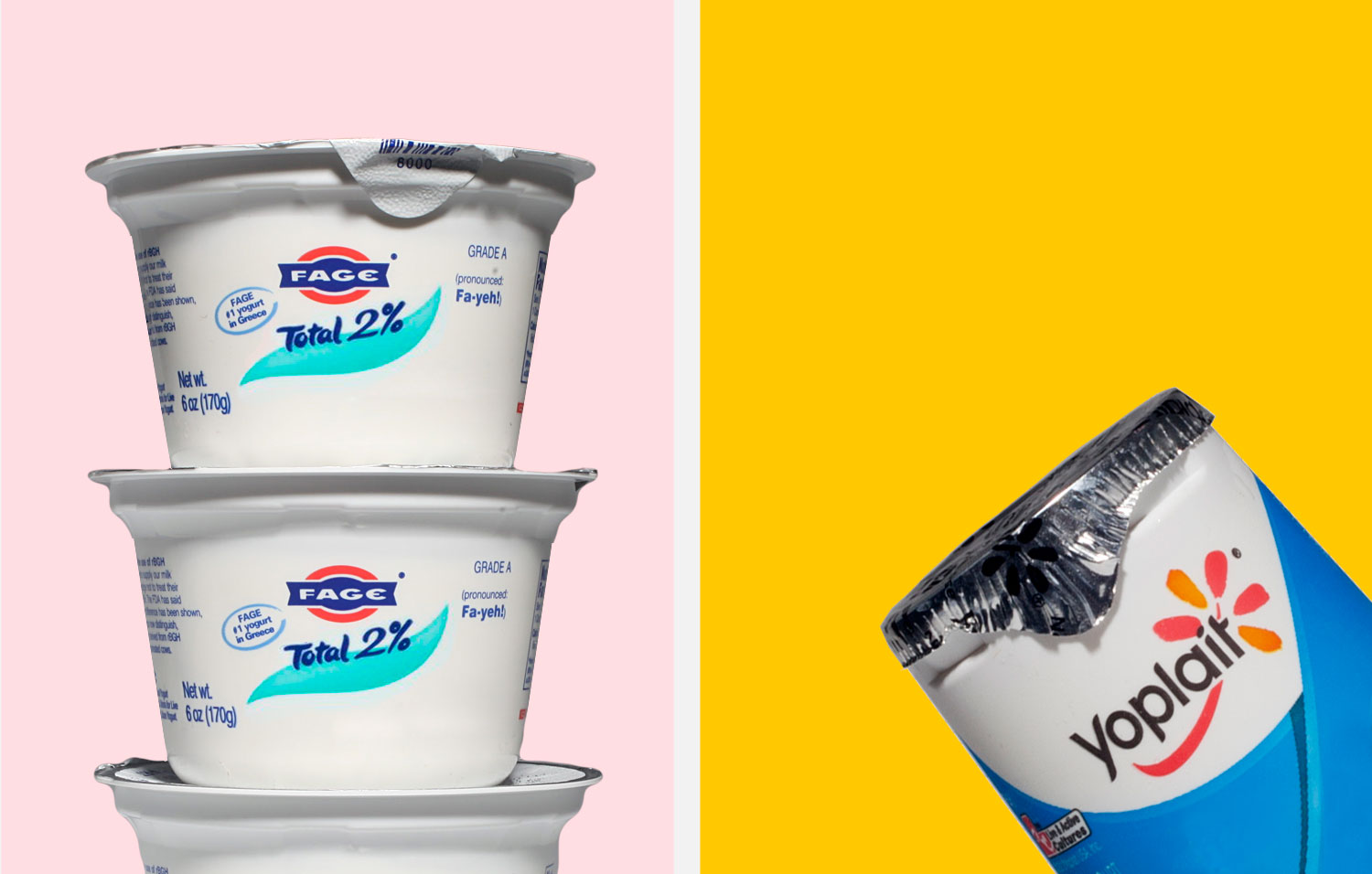

More Must-Reads from TIME
- Cybersecurity Experts Are Sounding the Alarm on DOGE
- Meet the 2025 Women of the Year
- The Harsh Truth About Disability Inclusion
- Why Do More Young Adults Have Cancer?
- Colman Domingo Leads With Radical Love
- How to Get Better at Doing Things Alone
- Michelle Zauner Stares Down the Darkness
Contact us at letters@time.com